Highlights
- Dr Salvador Plasencia pleads guilty to distributing ketamine to Matthew Perry in weeks before actor’s death
- Perry died in October 2023 from acute ketamine overdose at his Los Angeles home
- Plasencia admits to providing ketamine without legitimate medical purpose
- He is the fourth person to be convicted in connection with the case
- Sentencing set for December; doctor faces up to 10 years per count
Doctor admits supplying ketamine to Matthew Perry
A California doctor has pleaded guilty to illegally supplying ketamine to actor Matthew Perry in the weeks before the Friends star died of a drug overdose.
Dr Salvador Plasencia, who operated an urgent care clinic in Malibu, entered a guilty plea on 24 July 2025 to four counts of ketamine distribution, according to the US Department of Justice.
Although he did not supply the batch that caused Perry’s death, Plasencia admitted in court that he administered and left ketamine with the actor and his assistant, despite knowing it was not for legitimate medical use.
Matthew Perry’s death and investigation
Perry, aged 54, was found unresponsive in the jacuzzi of his Los Angeles home on 28 October 2023. An autopsy later confirmed that he had died from the acute effects of ketamine, a powerful anaesthetic that can induce dissociative and hallucinogenic experiences.
Plasencia is the fourth person to be convicted in connection with Perry’s death. The investigation has revealed a complex network of individuals who supplied the drug to the actor, directly or indirectly, in the lead-up to his fatal overdose.
Plea agreement reveals timeline of drug delivery
According to court documents, Plasencia provided 20 vials of ketamine, along with ketamine lozenges and syringes, to Perry and his assistant Kenneth Iwamasa between 30 September and 12 October 2023.
The doctor admitted that the ketamine was not prescribed for a legitimate medical purpose and that his conduct fell below the expected standard of care. On multiple occasions, Plasencia administered the drug himself, including at Perry’s home and once in a car park near an aquarium in Long Beach.
In one instance, he was paid $12,000 for a home visit and left vials behind with Iwamasa, who later administered them to Perry.
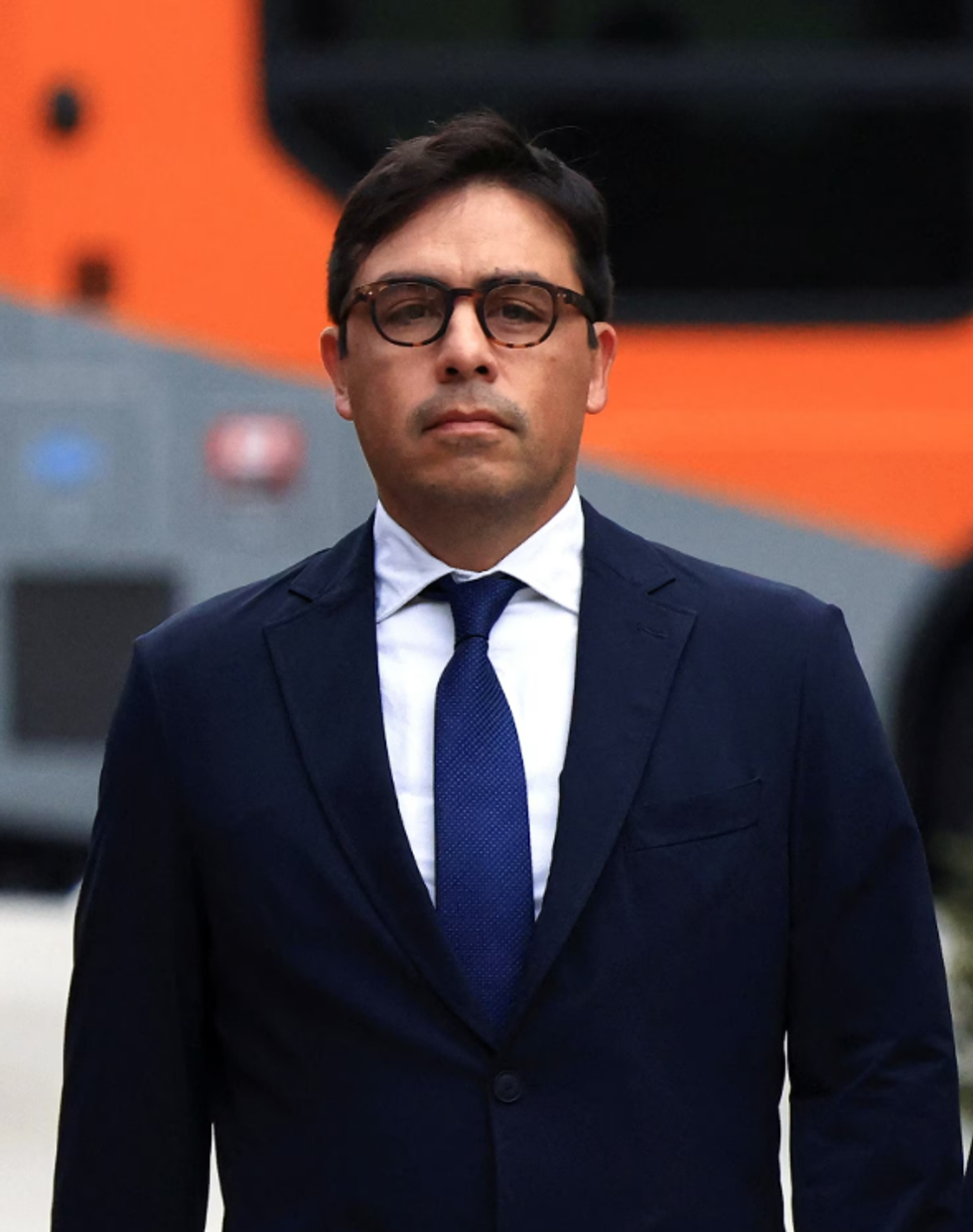
Text messages and unethical conduct
The plea agreement includes text messages between Plasencia and another doctor, Mark Chavez, discussing Perry's request for ketamine. When asked how much to charge the actor, Plasencia texted Chavez: “I wonder how much this moron will pay” and “Let’s find out”.
Plasencia reportedly obtained additional ketamine through a licensed pharmaceutical company using his DEA registration, and as late as 27 October, the day before Perry's death, he messaged Iwamasa to say he had left supplies with a nurse in case they resumed treatment while he was away.
Although Plasencia did not provide the final batch that caused Perry’s death, he acknowledged that he knew Iwamasa would continue administering the drug.
Wider conspiracy and other convictions
Plasencia was one of five people charged in connection with the actor’s death. His trial had been scheduled for August, but he instead entered a guilty plea. He will remain out on bond until his sentencing hearing on 3 December, facing a maximum of 10 years per count.
Previously, Mark Chavez, who once operated a ketamine clinic, also pleaded guilty in October 2024 to ketamine distribution and is scheduled to be sentenced in September.
Kenneth Iwamasa, Perry’s live-in assistant, admitted in August 2024 to administering the fatal dose and pleaded guilty to conspiracy to distribute ketamine causing death. He is due to be sentenced in November.
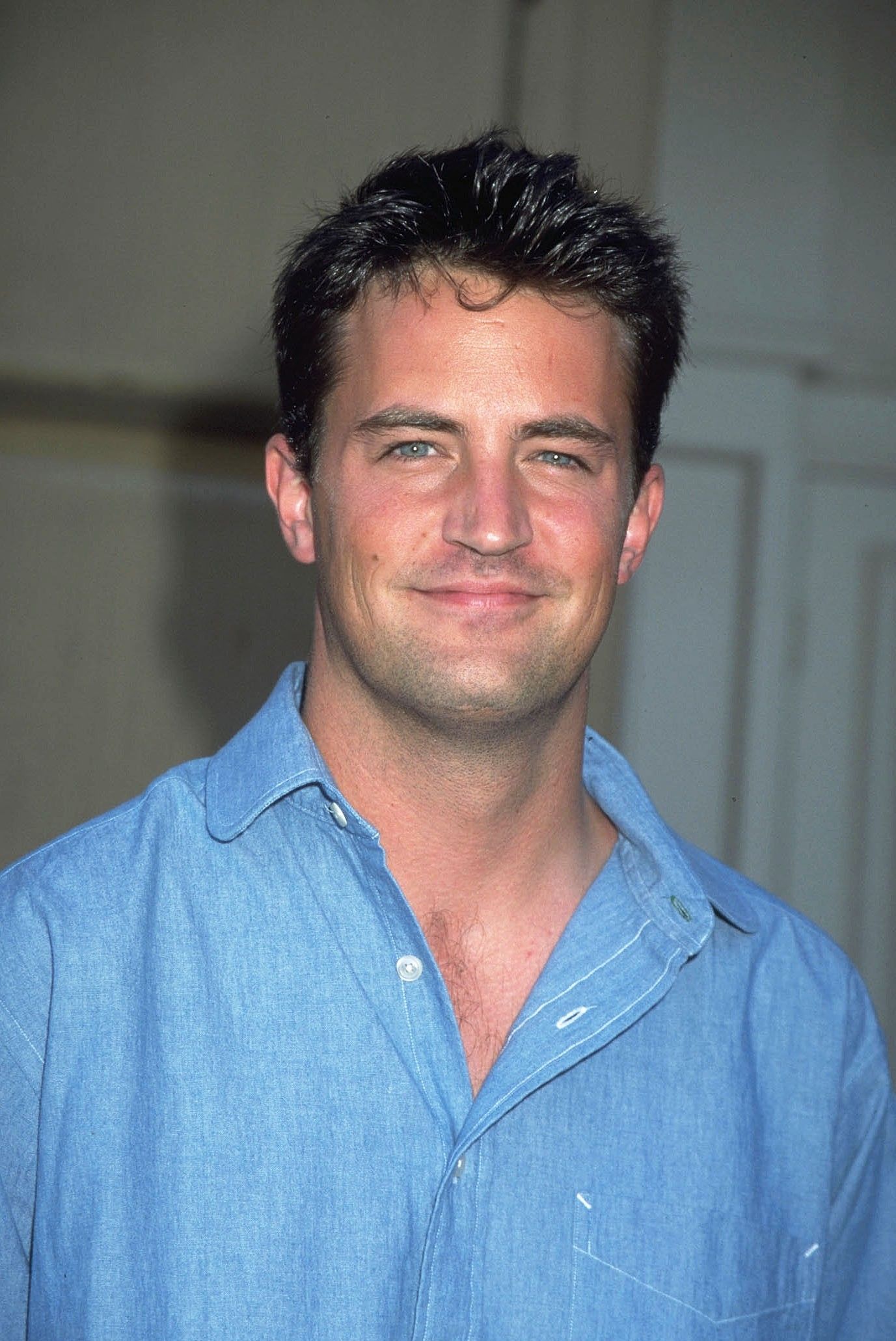
Another defendant, Eric Fleming, admitted to supplying the batch that ultimately caused Perry’s death. He pleaded guilty to conspiracy to distribute ketamine and distribution resulting in death and will also be sentenced in November.
Fleming sourced the drugs from Jasveen Sangha, who allegedly sold 50 vials to him over two weeks. Known by the alias “The Ketamine Queen”, Sangha has pleaded not guilty and is due to stand trial in August.
Remorse and professional consequences
Plasencia’s attorney, Karen Goldstein, said the doctor was “profoundly remorseful” and has agreed to voluntarily surrender his medical licence within 30 to 45 days.
“While Dr Plasencia was not treating Mr Perry at the time of his death, he hopes his case serves as a warning to other medical professionals and leads to stricter oversight of the growing at-home ketamine industry,” Goldstein stated.
The case has raised serious concerns about the increasingly unregulated use of ketamine in therapeutic and off-label settings. Plasencia, Goldstein added, hopes the outcome prompts clearer protocols and better safeguards in clinical practice.
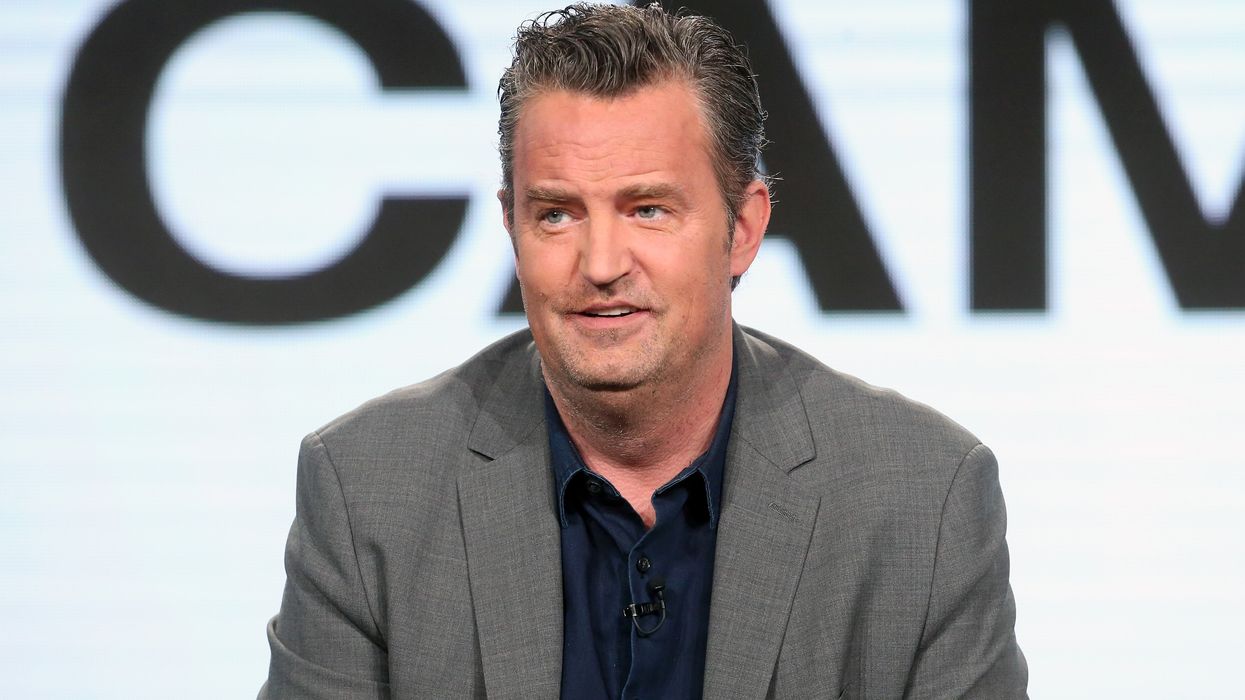


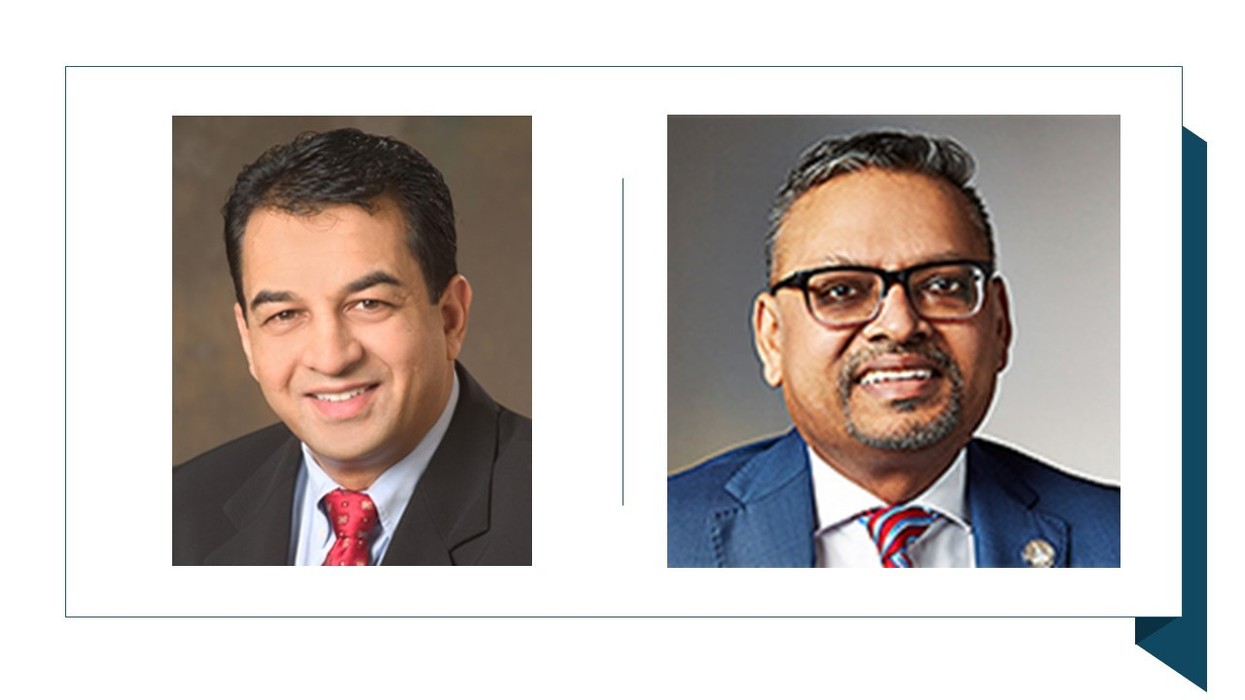


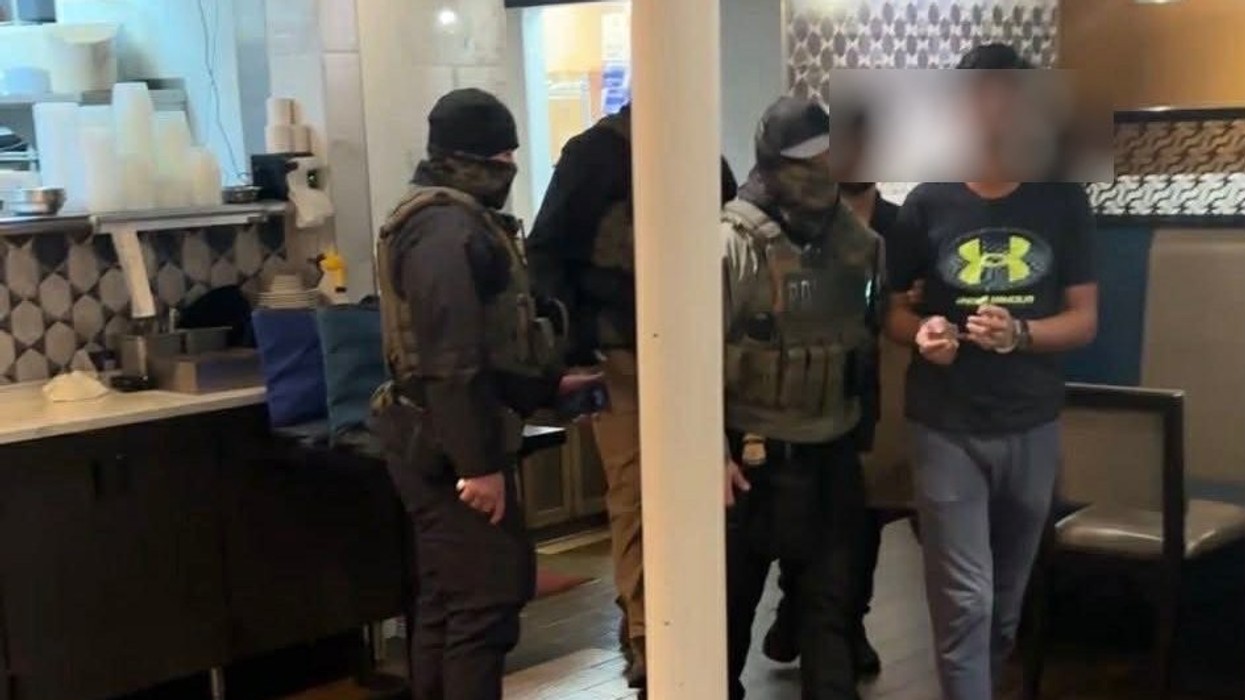






 A screenshot of Sonam Kapoor's (R) baby shower for second pregnancy with her husband Anand Ahuja (L)Instagram/@sonamkapoor
A screenshot of Sonam Kapoor's (R) baby shower for second pregnancy with her husband Anand Ahuja (L)Instagram/@sonamkapoor A screenshot of Sonam Kapoor's (R) baby shower for second pregnancy.Instagram/@sonamkapoor
A screenshot of Sonam Kapoor's (R) baby shower for second pregnancy.Instagram/@sonamkapoor A screenshot of Sonam Kapoor's (R) baby shower for second pregnancy.Instagram/@sonamkapoor
A screenshot of Sonam Kapoor's (R) baby shower for second pregnancy.Instagram/@sonamkapoor

